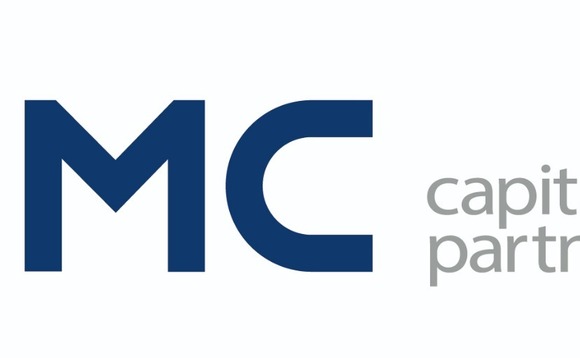
GP profile: CMC Capital Partners

China-focused CMC Capital Partners’ remit has expanded from media to consumer and technology, but the firm believes its knowledge and discipline as a specialist investor have never been more relevant
For Tony Han, CEO and co-founder of Chinese autonomous driving pioneer WeRide, achieving a valuation of USD 4.4bn earlier this year was cause for reflection.
Though blessed with a foundi...
Latest News
Asian GPs slow implementation of ESG policies - survey
Asia-based private equity firms are assigning more dedicated resources to environment, social, and governance (ESG) programmes, but policy changes have slowed in the past 12 months, in part due to concerns raised internally and by LPs, according to a...
Singapore fintech start-up LXA gets $10m seed round
New Enterprise Associates (NEA) has led a USD 10m seed round for Singapore’s LXA, a financial technology start-up launched by a former Asia senior executive at The Blackstone Group.
India's InCred announces $60m round, claims unicorn status
Indian non-bank lender InCred Financial Services said it has received INR 5bn (USD 60m) at a valuation of at least USD 1bn from unnamed investors including “a global private equity fund.”
Insight leads $50m round for Australia's Roller
Insight Partners has led a USD 50m round for Australia’s Roller, a venue management software provider specializing in family fun parks.








